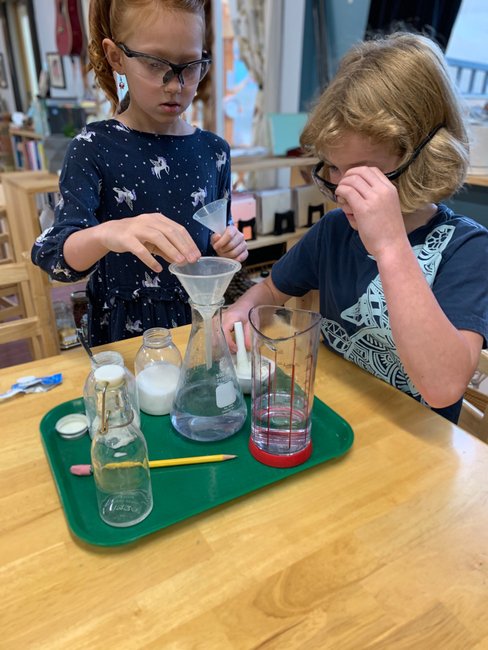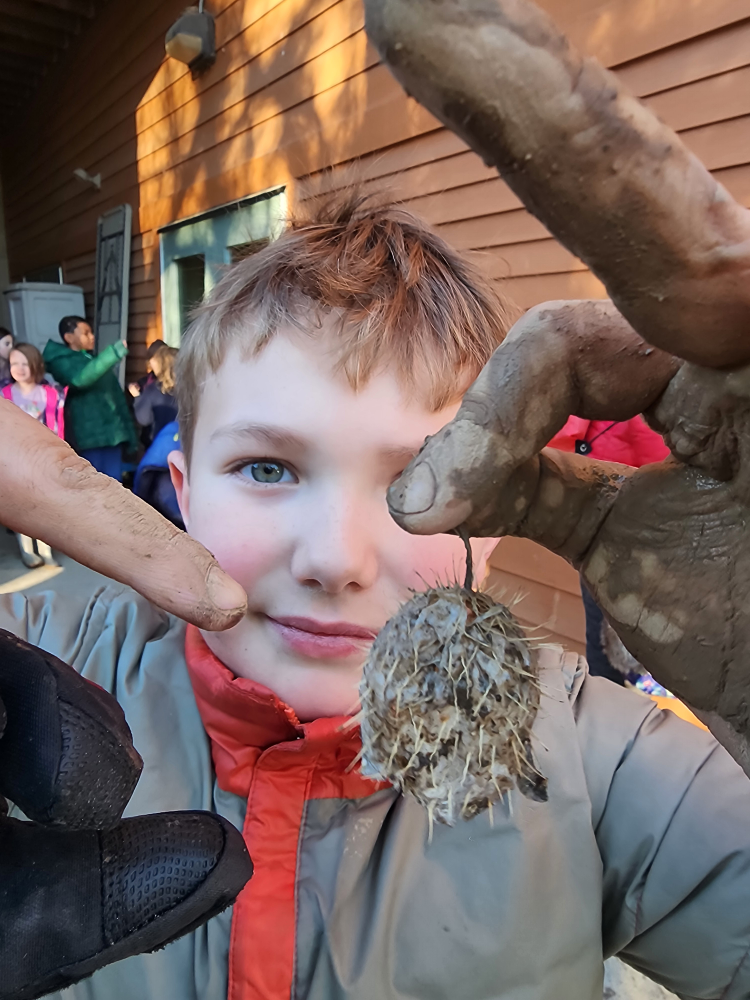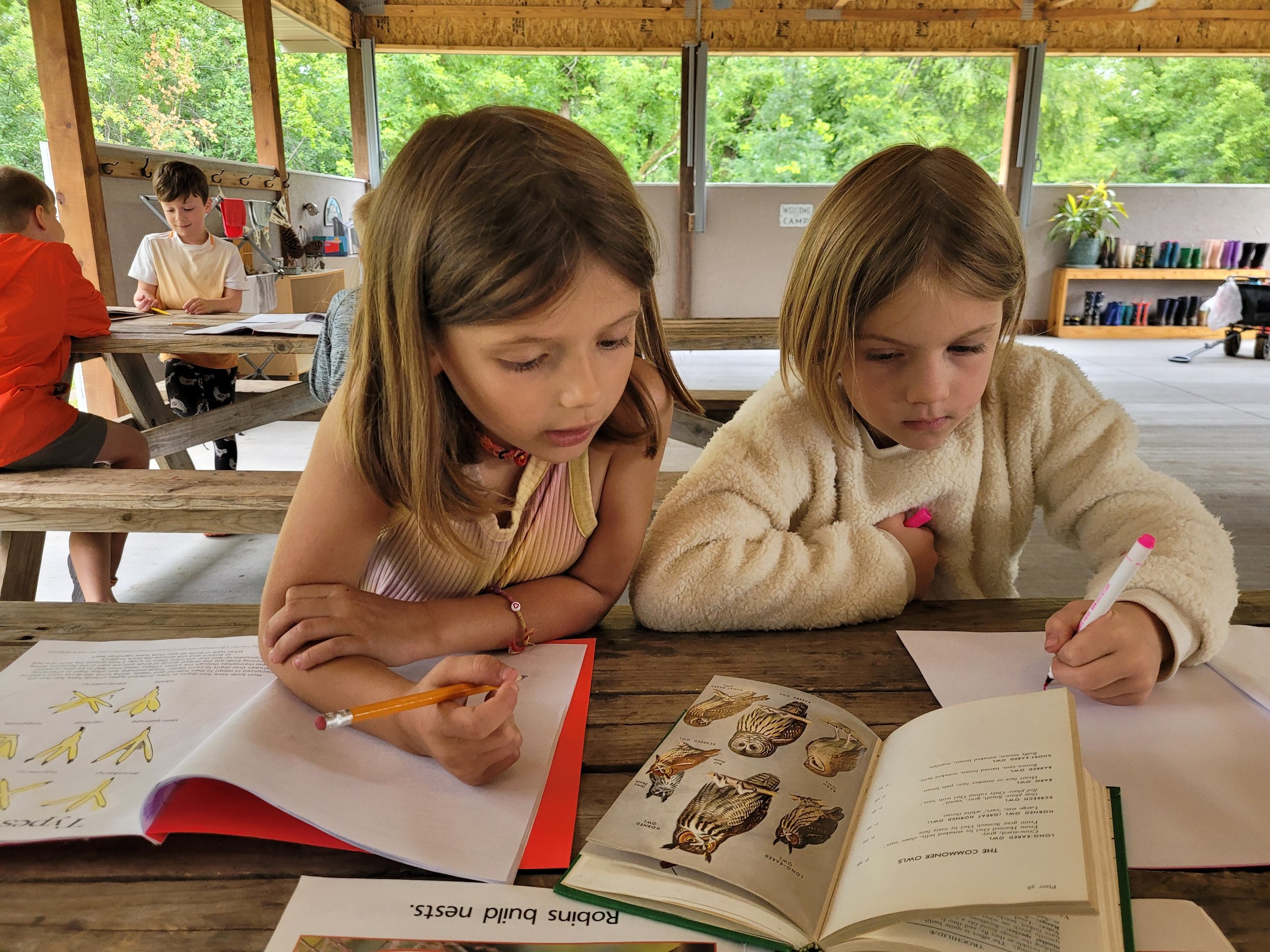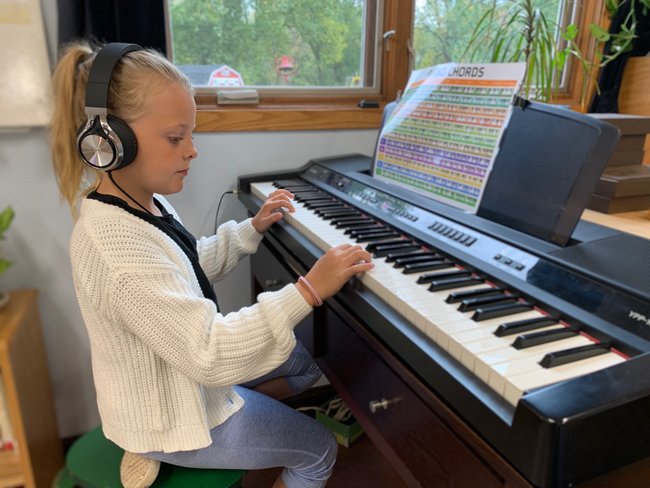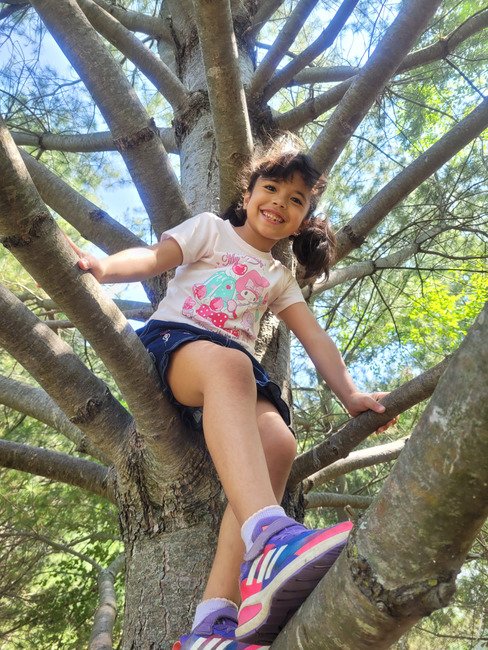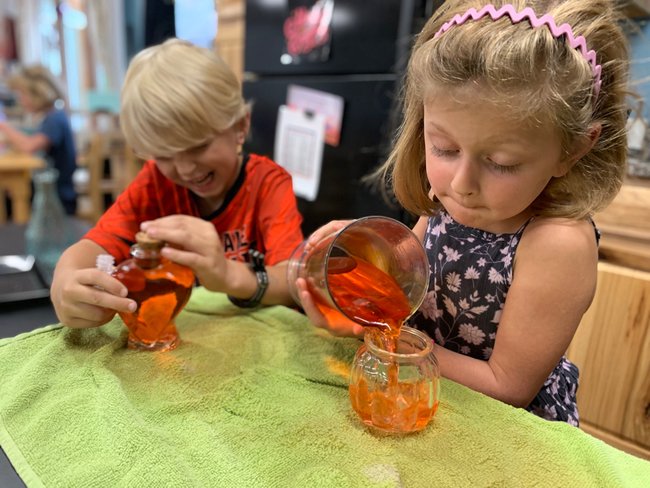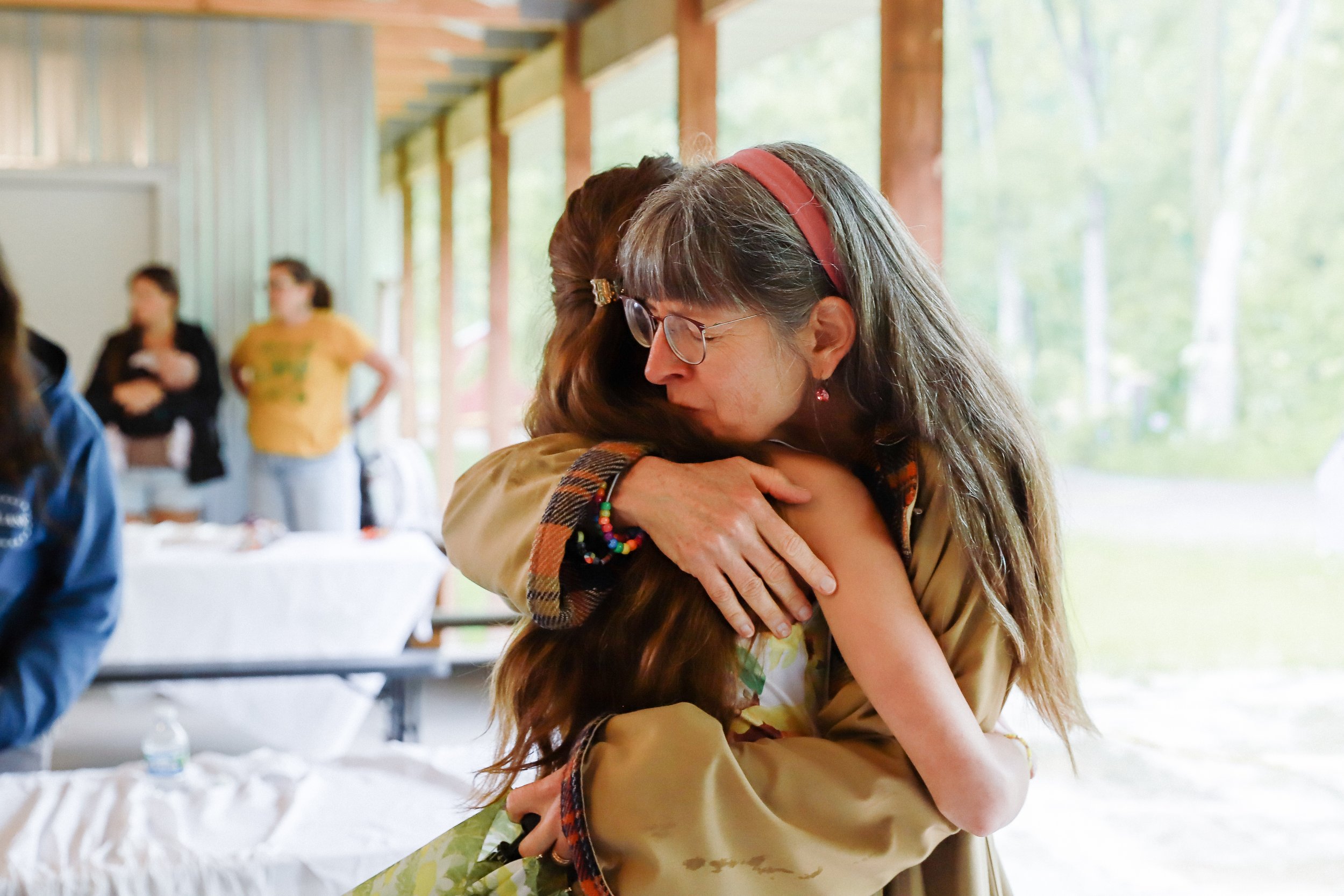
Elementary
Learning How to Think.
"I need to understand my place in the group"
The nature and needs of the child begin to change as they move to the second plane of development. They have the ability to think more abstractly, require variety rather than repetition, want to function as a member of a team, are developing a sense of justice, and possess a powerful and expansive imagination. To address the child's changing psychological characteristics, lessons change from the more individualized to smaller group lessons and collaborative projects at the elementary level.
The elementary child is possessed of a mind that learns by questioning and reasoning. Besides having great powers of intellect, they are very imaginative and creative. The materials and the way in which concepts are presented evoke this imagination and serve to help the child in increasingly abstract understanding. Besides skill building in core curriculum subjects such as reading, writing and mathematics, the Montessori Method provides an interdisciplinary view to help the child discover and appreciate the interconnections of knowledge and life on Earth.
Subject areas are integrated throughout the curriculum in addition to being presented as separate disciplines. The Montessori Elementary curriculum provides a framework for study by first presenting the "big idea." The teacher then follows up by illuminating the details through stories, pictures, charts, concrete Montessori materials, and timelines to enrich the child's understanding.
The program focus areas are: Language, Mathematics, Biology, Geography, Geometry, History, Music, and Art.
Dr. Montessori's lifelong goal was peace on Earth. The Elementary Program helps the child develop a deep appreciation for the vital connections between human beings, setting the stage for a peaceful future for humanity.
Give Your Child the Opportunity to Excel in Montessori Elementary
St. Croix Montessori School’s Elementary program offers an unparalleled educational experience for children aged 6 to 12. With a focus on academic excellence, hands-on learning, and individualized growth, our multi-age classrooms foster collaboration, critical thinking, and leadership skills. Complemented by daily outdoor exploration and activities, our program inspires curiosity and a deep connection to the natural world.
Enrollment begins with a required campus tour, allowing families to observe our thriving learning environment and understand how Montessori education empowers children to reach their full potential. After the tour, families are invited to apply. Enrollment decisions are made each February, and spaces are limited.
Admissions Process
-
1
Schedule a School Tour
To begin the admissions process, please schedule a tour of our school. We ask that parents visit the school without children, as this provides an opportunity to fully engage with the program and environment. During the tour, you'll have the chance to observe our classrooms, learn more about the Montessori philosophy, and explore our program offerings, mission statement, and core values.
-
2
Submit Your Application
Once you've decided that St. Croix Montessori School is the right fit for your child, please complete the application form below. A $100 non-refundable fee is required at the time of submission to secure your child’s application.
-
3
Admission Decision
We evaluate each application based on the alignment of the family’s educational goals with our school’s mission. We strive for a balanced classroom environment, considering gender and age diversity, as well as families who are committed to the Montessori program.
Due to high demand, we may implement a waitlist once spaces are filled. If your child is placed on the waitlist, you will be notified as soon as a spot becomes available.
-
4
Commitment to Completion
St. Croix Montessori School values the continuity of the Montessori experience. For Children’s House, this means completing the kindergarten year, and for Elementary, it includes finishing the 6th grade. This continuity ensures a stable learning environment and is essential to maintaining the integrity of our program.
We accept families who are committed to completing the entire Montessori program. If a child does not complete the kindergarten or elementary years, younger siblings may not be accepted for enrollment or re-enrollment.
Acceptance letters are sent out in mid-February. Along with the acceptance, you will receive an Enrollment Contract and instructions to submit a non-refundable $500 tuition deposit. The contract and deposit must be returned within 10 days to secure your child’s place in our program.
